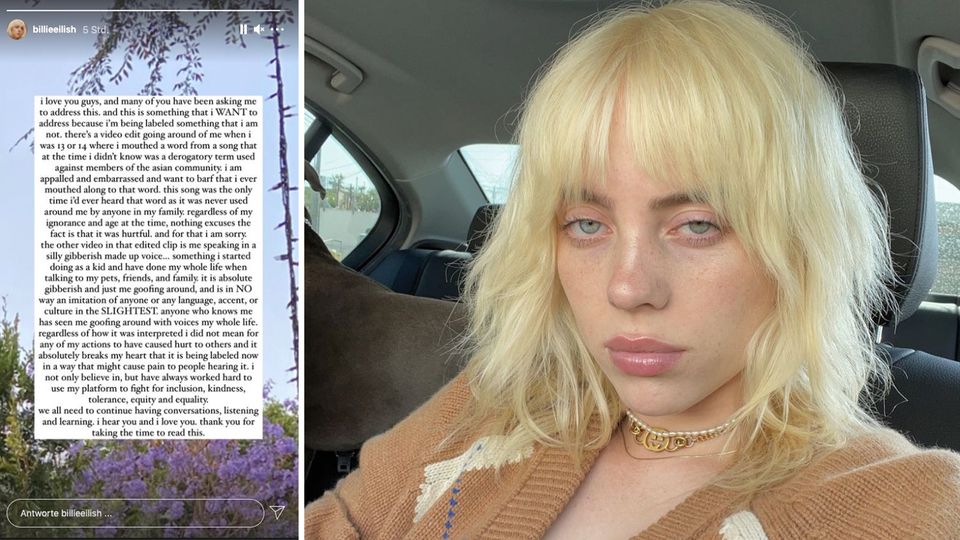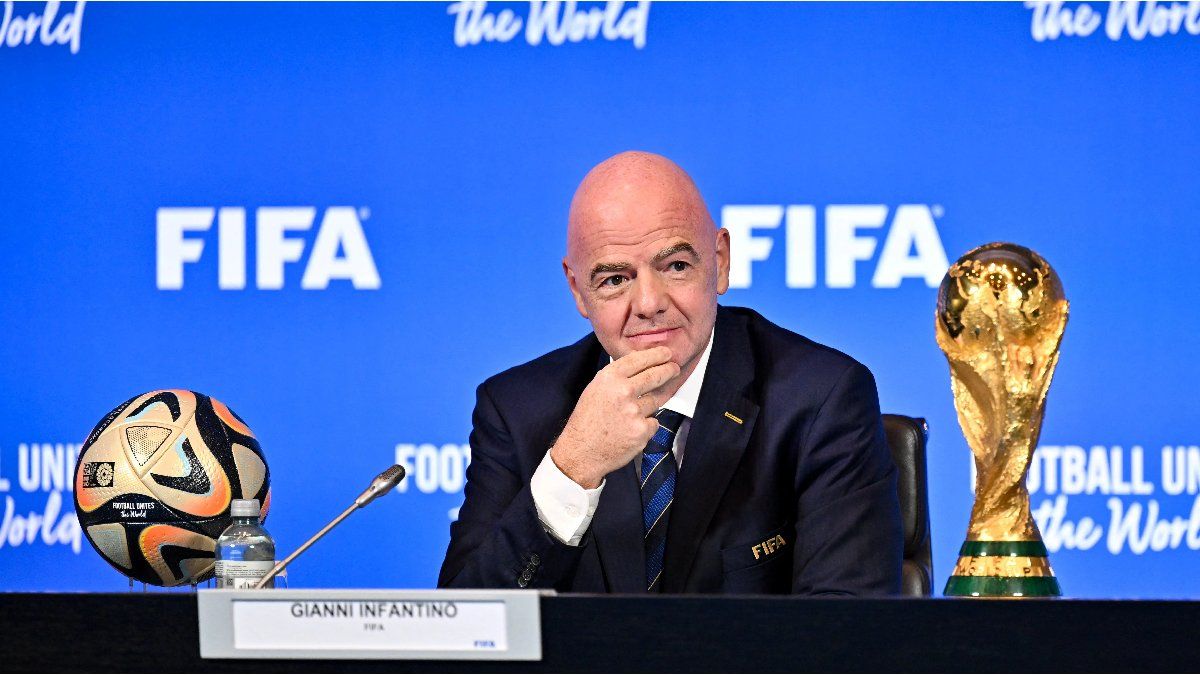The number of products that are being renamed in the course of the racism discussion is increasing. The latest example is Nestlé. The Swiss rename a biscuit, which may not go down well with everyone.
The international debate on racism is now intensely conducted in the food industry. This is shown by a number of decisions to rename products such as ice cream, rice or breakfast ingredients. The “Black Lives Matter” movement, which gained massive popularity worldwide after the violent death of George Floyd, has an impact even in the marketing of large corporations.
An important question is always: How deeply is everyday racism rooted? Often many people hardly notice it. What appears to them to be normal language usage can be rooted in a discriminatory worldview and serve racist stereotypes. No wonder that some product names, some decades old, have recently been hotly debated on social media. The result was not uncommon: a new name.
Nestlé no longer finds old names for biscuit brands appropriate in Chile
The decision of the Swiss food company Nestlé to rename a chocolate biscuit brand in Chile is the latest example of the linguistic clean-up that the food industry has apparently decided to do.
The “Negrita” biscuit from Nestlé will in future be called “Chokita”. The decision was made in terms of a “culture of respect and non-discrimination”, according to the company, which is headquartered in Vevey. The pastry, a vanilla biscuit dipped in chocolate, had been sold as “Negrita” for a good 60 years. From October it will get its new name, which should no longer serve stereotypes.
White model with dark colored face
According to the Swiss media portal “Blick”, the face of a black woman was depicted on the pack in the early years of marketing. In the 1990s, the pastry was advertised in a TV commercial that featured a white model with dark make-up on her face. The 1993 spot is available on YouTube. Applying dark make-up was hardly seen as a problem in the 1990s. Today blackfacing is seen as discriminatory and offensive.
Whether “Negrita” is considered a racist expression in unison, although it literally means “little black woman” is at least doubtful. Actually, this word is above all a nickname.
In South America, the term does not appear to be primarily associated with discrimination. The case of the Uruguayan soccer star Edison Cavan shows this: The Manchester United striker wrote an Instagram post last autumn and thanked a friend with “Gracias, negrito” – whereupon Cavan from the English soccer association was suspended for three games, a fine of £ 100,000 and an anti-racism course. Reports on the case show that the post was clearly not to be understood as derogatory – and it was not even clear what skin color the person addressed was. Just think of the salutation “Dicker”, which one often hears in Germany.
In South America, the punishment against the player aroused a storm of indignation. The Uruguayan Football Association referred to the country’s language academy, according to the “Süddeutsche Zeitung”. Terms like “negrito” or “negrita” are just as popular as “gordito” or “gordita” in Uruguay. The English should not give the South Americans a lesson in racism, so the tenor from Latin America.
The new name for the Nestlé biscuit is neutral
So why is Nestlé renaming its biscuit? The background is that racism against blacks and indigenous peoples is widespread in many Latin American countries, writes the AFP news agency. Apparently the company does not want to offer a flank for criticism of racism with a product name like “Chokita”. The name sounds neutral.
According to AFP, Nestlé itself gave the reason for the new name “Chokita” that there was “an increased awareness of brands and their visual language in relation to the use of stereotypes or cultural representations” that could be viewed as “inappropriate”.
Other manufacturers also recently renamed foods
Nestlé’s latest decision is just one of a whole series of renaming: in response to a racism debate on social networks, Bahlsen announced several weeks ago that the waffle “Africa” would be renamed “Perpetum”. The Hanses company from Denmark gave its Eskimo ice cream a new name, as the word “Eskimo” is considered unacceptable by the indigenous people of Alaska – it is a colonial name for the people there, it was said in reports on the name debate last year.
Also last year the US company Mars announced that it would rename its “Uncle-Ben’s-Reis” to “Ben’s Original”. The new packaging, which has been on the market since the beginning of the year, also no longer shows a portrait of a black man.
Pepsi finally renamed its breakfast product line “Aunt Jemima”. This brand name and the image of a black woman were particularly heavily criticized – as it served precisely the stereotypes of black staff, so the tenor of the criticism. The new name is “Pearl Milling Company”. In the meantime, only the products are depicted on the packaging – and no more serviceable black women whose portraits are reminiscent of slavery.

See in the video: Racism allegations against world star Billie EIlish. The trigger is an old video published on TikTok that causes the singer to find it difficult to explain.
Sources: “”, “”, “”, “”,, with AFP
Jane Stock is a technology author, who has written for 24 Hours World. She writes about the latest in technology news and trends, and is always on the lookout for new and innovative ways to improve his audience’s experience.




